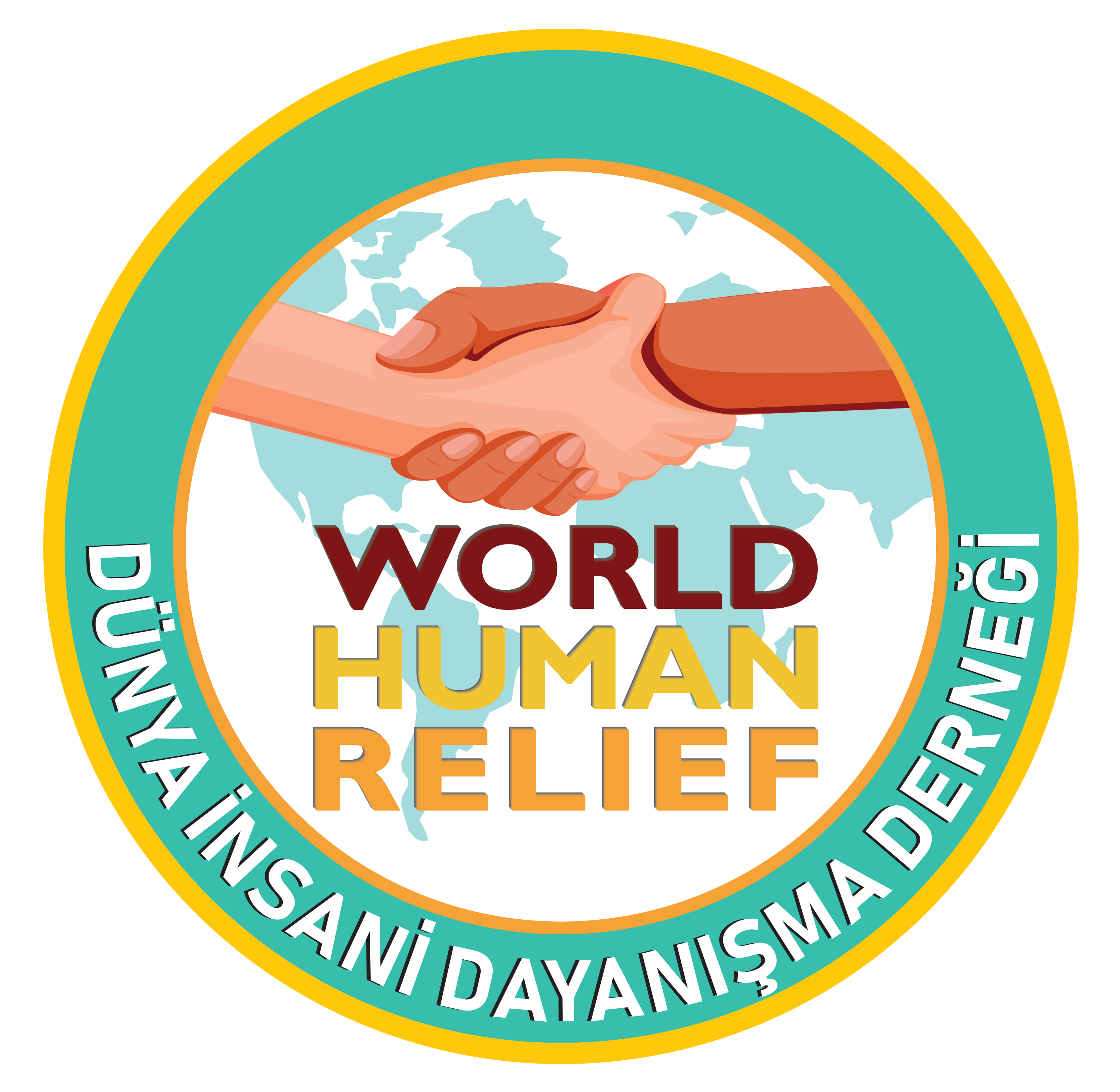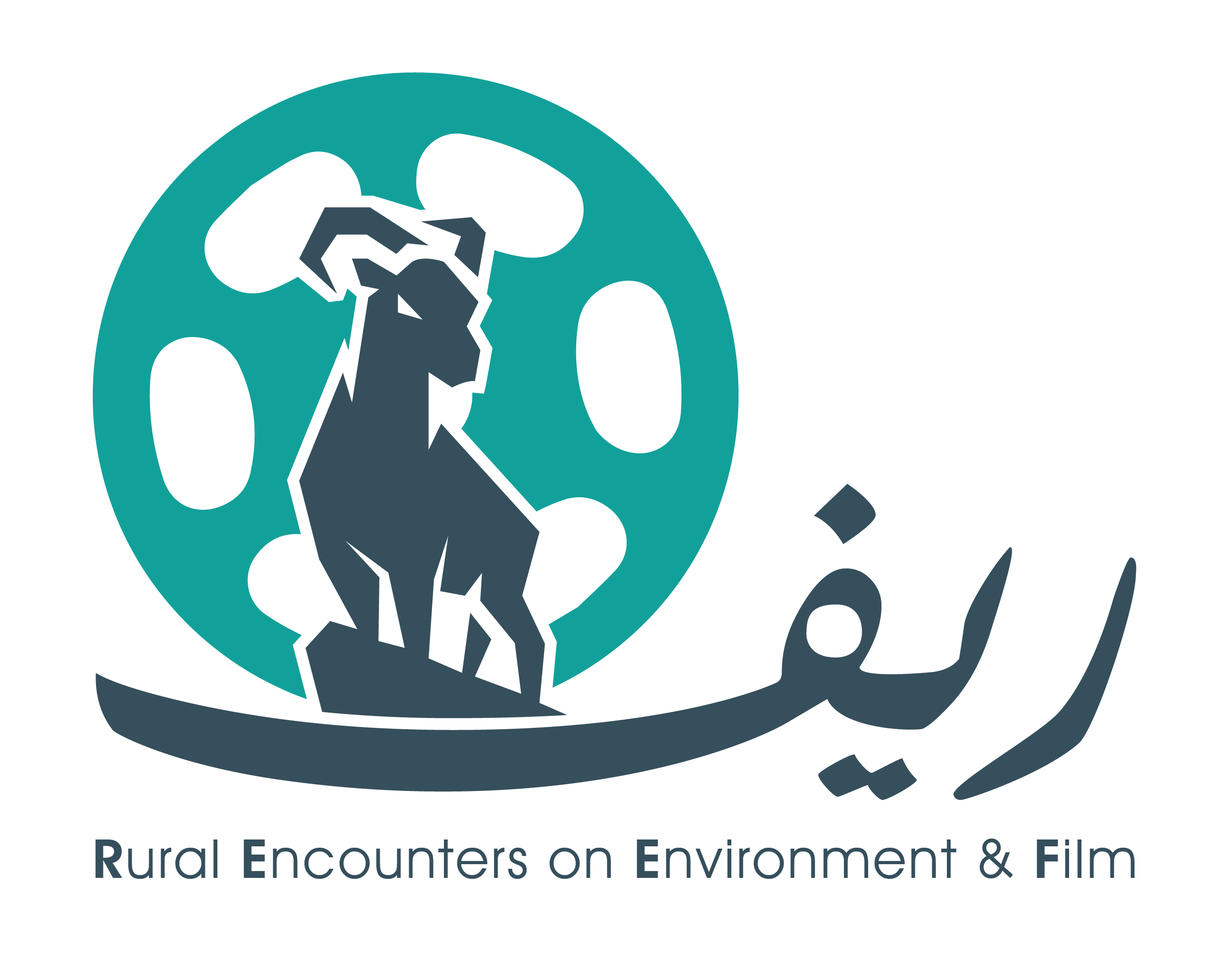The February 6 and February 20, 2023 earthquakes destroyed or damaged approximately 85% of Antakya’s urban space. A significant portion of the local population lost their lives, migrated to other cities, or are struggling to con- tinue their lives in conditions that are nothing like their lives before February 6. In the six months that have passed since the earthquake, the February 6 earthquakes have been mainly discussed in the context of Antakya for various reasons such as the extent of the destruction, the damage to cultural heritage, the condition of natural areas before and after the earthquake, and the recent changes in water availability. Recent studies focusing on Antakya show that it is not surprising that the earthquake was experienced as a disaster in Antakya in every aspect. As the distance between man and nature has been widening over the years, natural water features are being drained, buildings are being constructed on them, olive groves and “trees so dense that they almost block the sun” are turning into high- rise buildings, and Daphne’s waterfalls are drying up and turning into parts of the city. In the panel “Searching for the ‘perpetrator’ in Antakya as the earthquake turns into a disaster”, we will question human agency through Lake Amik, the Asi River and the olive groves.
The glow of carbon fossils must have initially seemed like a seductive fairy tale to our species. Today, however, we see that this spreading glow may have signaled a febrile illness that our planet is suffering from. A narrative of progress, growth, and development has led to the formation of an entirely different crust on top of our earth’s crust. This crust is made of concrete, petroleum derivatives, non-recyclable waste, and layers of heat and light.
If what has brought our fragile ecosystem to the brink of extinction is a seductive narrative with its eyes set on infinity, why can’t a completely different and more seductive narrative about our home planet save our ecosystem? Where and how can we find and extract this narrative, or how can we build it?
In this meeting, guests from different disciplines such as cinema, literature, science, ecology, and business will question the current state of our planet with their unique perspectives and try to develop new perspectives to break through the state of despair that accompanies the current climate crisis.
The participants are invited to a film reading practice via Thinking about Films Together, a collective appreciation of films, which find their essence in film festivals. In the 10th annual meeting of BIFED, we will discuss common tendencies in the films based on environmental issues regardless of their inclusion in the festival program. We will reflect on the educational, epistemological and sociological elements that determine common stylistic and thematic tendencies, and we will reflect on the patterns between films and their causes. The ecological crisis has been openly experienced for some time now; ways of expression have been sought for the concerns created by the crisis, and this search, like all artistic and cultural means of expression, has also found cinematic counterparts. The ecological crisis has historical, economic and political aspects that are always interrelated, from seed to soil, from air to water, from mode of production to societies, from mine to table. However, a wide variety of scientific approaches, methods and tools can be mentioned, with geographical, cultural, biological, chemical, etc. aspects that differ from each other. To that end, the forms of expression reflecting the problems and concerns of the deepening ecological crisis will be discussed through films, and especially the patterns that determine the discourse of documentary film will be evalu- ated. Embarking from the commonality of the concerns circulating in international festivals, the richness/poverty of forms of expression expressing concerns in the context of cinema, documentary and cinematic language; the contri- bution of ecology studies to forms of expression and the field of standardization will be opened to discussion. In this workshop where more than one film will be pointed out, the names of the films will not be announced in advance.
The coasts of Bozcaada Island and the related regions of the North Aegean Islands are represented as one of the important marine habitats in the Turkish seas. The endangered reef-forming coral Cladocora caespitosa, some sea cucumbers and sponges are forming a unique ecology in marine ecosystem. Although this significant character, the risky situation of overfishing activities in the region should be reevaluated for sustainable and healthy marine life.
The Faces of Antioch video series was created aiming with the emphasis of the threats faced by Antioch’s intangible cultural heritage after the earthquakes on February 6th and 20th. It also aims to support local cultural actors who are preserving this heritage in their participation in the reconstruction of Antioch.
The video series stresses that the reconstruction process must be responsive to the demands of the ‘’living herita- ge’’ in order to sustain the cultural heritage, and poses the question to the Antiochians about the Antioch that they would like to see after the reconstructions.
Featured videos:
Soteria Women’s Cooperative: Badiye Galioğlu
Tears of Defne and Apollon: Tansel Doğruel
Vakıflı Women’s Cooperative: Kuhar Kartun, Lora Çapar Hümeyni Usta: İsa Kart
Defne Apollon Silk Production: Emel Duman
Production: Postane Production
Project Coordinator: Nesime Karateke
Technical Team: Ahmet Mansuroğlu, Berkan Aktepe, Tolga Eskiocak, Nesime Karateke, Mehmet Gürü Avcu, Uğur Nur
Graphic Design and Illustration: Ezgi Aysever
Subtitles: Aslı Ildır
A selection of four short documentaries produced during creative filmmaking workshops by Ayşegül Selenga Taşkent and Delizia Flaccavento at the Bauhaus University Spring School and Summer School in Weimar, Germany. The vid- eos reflect on memory, spaces and faces, and on privilege, or the lack of it.
Title: Urban Contours Director: Valeriia Belskaia Length: 8’30’’
Title: Weimar, Steffi, Edwin and Emma
Directors: Darina Bolgova, Louise Van Der Hauwaert, Axelle Van Gansewinkel Length: 14’45’’
Title: Buchenwald 23
Directors: Katerina Rothberg, Vilelmini Andrioti, Maria Radigalles Length: 8’55’’
Title: …. because you are a woman
Directors: Ceylan Dişbudak, Saliha Bulgan, Merve Çetin, Paria Sajajid Length: 8’
Olive’s motherland is Anatolia. WE MUST MAKE ANATOLIA AN OLIVE COUNTRY for multi-faceted reasons such as reflecting this historical formation in Anatolia to today’s humanity, presenting to the people an olive’s potential to spread peace and health in these lands, and increasing the welfare of the people living in these lands. We have free space to plant 12 million hectares of olives. If we plant olives on these lands, we will have 3.6 billion olive trees. The number of olive trees in the world is 1,2 billion. With this approach, we can become a country that produces an added value of 50-60 billion dollars and creates employment for around 6 million people. Considering that the world popu- lation will exceed 10 billion in 2050 and that food and water will be the most important problems in the future world, it seems to be a very exciting project.


Turkey is a country that seriously wounds its youth with its educational problems. A constantly changing curriculum, mobile schools, still lacking teachers in villages, school buildings and thousands of schools left to rot; village teachers that have been left alone: Mine Ekinci, founder of KODA and Ayten Zara founder of WHR are two important names who devoted their knowledge and all their powers to this issue. We have a lot to learn from them.
Women organizations which conducts feminist movements in many cities across Turkey, particularly in Istanbul, shared their advocacy and resistance stories in six short documentaries. Films while focusing on street activism of women not only invite the audience to engage in the social struggle but also their own experiences. These films which aim to demonstrate that oppositions can lead to achievements, can also be interpreted as a story of empowerment.
Director: Evrim Kepenek Video
Credits: Özgür Cihan Uçar-Yasin Serindere

BIFED collaborates with the REEF:
The REEF program (45’) offers a glimpse of REEF short films from the festival’s different editions under the themes of Rural life, Solidarity, Waste management, and Transformations. These short films made by youngsters offer an intimate look into the lives of rural communities in Lebanon, highlighting their deep connections to the land, and the challenges they encounter.
About the REEF festival:
In September 2019, the Rural Encounters for Environment and Films (REEF) saw the light in Akkar, one of the most deprived and underrepresented regions in Lebanon, where 400,000 people don’t have any access to culture and cinema.
Through film screenings, creative workshops, nature activities, and conferences, the REEF festival aims to raise awareness around urgent environmental issues and highlight the diversity of the rural culture of Lebanon and the region.
Since 2019, a series of activities have been organized that harness the power of cinema, culture, and local collective action, to help the community address the social and environmental challenges it is facing. We can proudly say that after 5 editions, REEF has left a deep impact on the community, and it expanded to other rural regions all over Lebanon.
2019 – Samra – Firas Abdallah – 6’
The film is a portrait of a farmer from “Al Areeda” village named “Hasna” who loves farming and working in the land. Hasna has a special relationship with her cow. “Samra” becomes the center of her life.
2022 – Roots of the Sky – Raed Chami, Rami Chahine, Dima Mabsout, Farah F. Naboulsi & Mauricio Yazbeck – 7’ Joanna and Raed choose to take the Chami family land through a transition away from modern methods of agricultu- re using a diverse set of ways, having a connection to the earth as their core principle. Filmed on-site in the beautiful area of Lassa, Kesrouane. This set of accounts tells the story of this family-owned farm, from its beginnings to the challenges it faces today.
2021 – Cook in its Fat – Hanadi El Sheikh – 7:33 min
Hana is a laboratory technician, an art teacher, a cook, a mother, a grandmother, and a farmer. She has an intrigu- ing personality and an organic intuition to recycle and live “naturally” as she mentioned. Her grandsons, Rayan and Nour are two young boys growing up with a passion for nature and the environment; they started an initiative named “Dawerha” to collect plastic, cans, and oil from their village and the villages around.
2023 – Zaatara – Adeeb Farhat – 10’
On Monday, October 3rd, 2022, Ziad Abi Chaker’s recycling factory burned down, and the only thing that survived was the thyme plant “Zaatara”- a story of resilience and hope amid flames.
2022 – Nohye Al Ard – Hiba Yassin and Rana Moussa – 15:02 min
This film narrates the birth of the first community garden in Lebanon and the everyday life of the communities that farm and tend to this communal space. It explores the personal relationships of the different members of this com- munity to land and urban agriculture. The film also discusses the importance of such collective spaces in cities and the urgency of protecting nature and agriculture as a public right and need for urban dwellers.